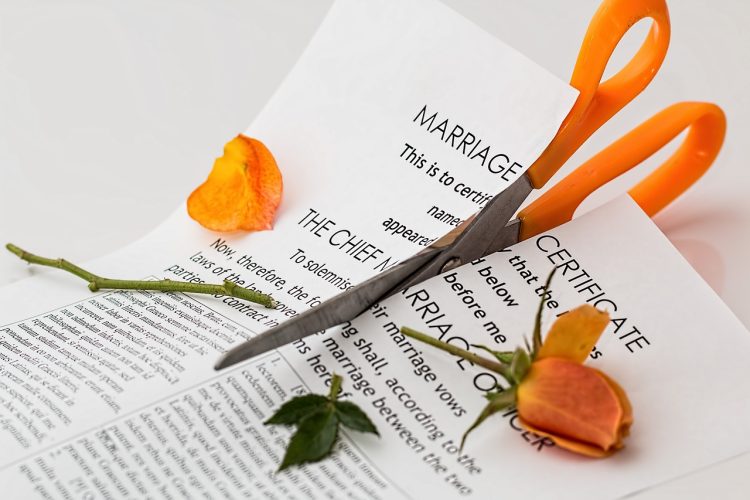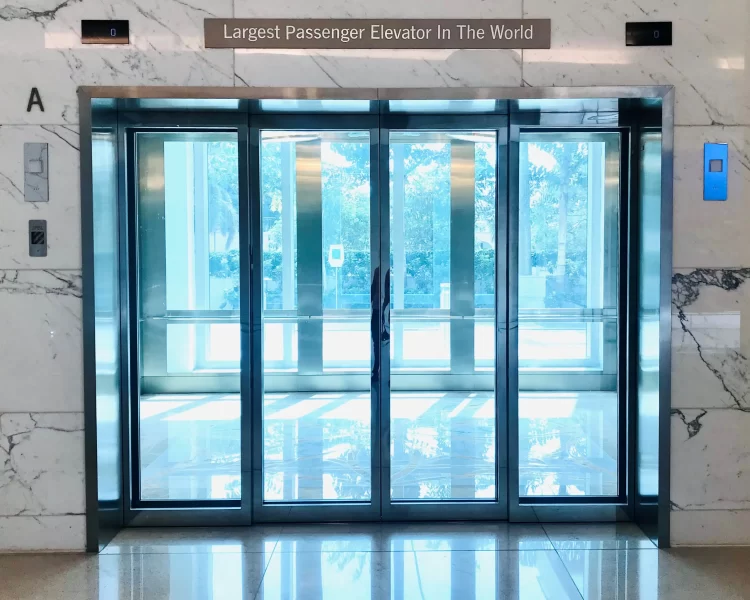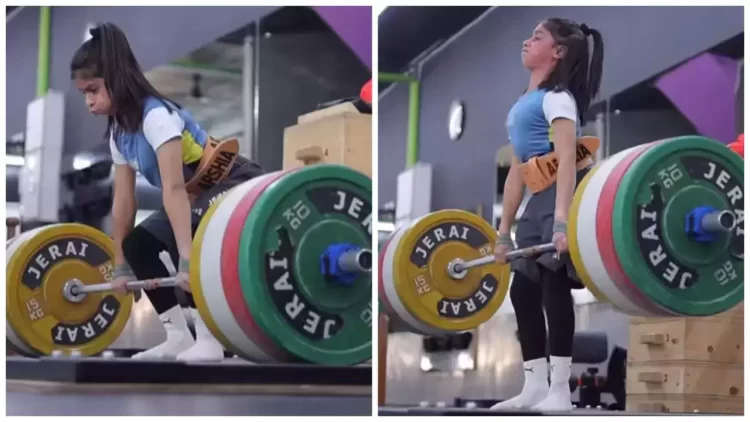In the past, plastic surgery patients would bring in photos of celebrities to show their surgeon what they wanted to look like, but in recent years, this is becoming less common. Patients are now more likely to present surgeons with their own selfies that have been enhanced using apps such as Snapchat or Facetune. It has been suggested that wanting to look identical to your perfected Snapchat selfies is a new psychological phenomenon scientists are calling “Snapchat dysmorphia”.
According to Dr. Neelam Vashi, director of the Boston University Cosmetic and Laser Centre: “A new phenomenon called ‘Snapchat dysmorphia’ has popped up, where patients are seeking out surgery to help them appear like the filtered versions of themselves.”
Not only do apps like Snapchat allow you to add things like unicorn horns and dog ears to yourself, but they also offer a wide range of filters that can smooth your skin, change your eye color, or make your face appear smaller. Previously, this kind of technology was a lot more expensive and complex; you would typically only see this kind of ultra-perfection applied to celebrities in magazines. However, these days, all you need is a smartphone.
The term Snapchat dysmorphia comes from body dysmorphic disorder (BDD). Sufferers of BDD are obsessed with their perceived physical flaws; these flaws may not necessarily be visible to others. It seems that social media may be leading to more people suffering from these kind of issues. Research has suggested that selfie culture is changing the way that people see themselves. Around 55% of facial plastic surgeons have reported they encounter patients who choose to go under the knife to look better in their selfies.
It seems that there is a connection between posting edited selfies on social media and levels of body dissatisfaction. A 2015 study of adolescent girls found that those who shared these kinds of pictures on social media were more likely to have self esteem issues.
Some may argue that this new technology is actually a good thing for people’s self image, as it has “pulled back the curtain” on the possibilities of photo editing. When the technology was more exclusive, it was less widely understood; the average person was more likely to believe an edited photo of a celebrity was totally genuine.
In response to the controversy surrounding Snapchat dysmorphia, a Facetune spokesperson said: “Facetune and Facetune 2 are actually breaking the illusion of ‘perfect body’ ideals. Everyone — from famous supermodels to your aunt — use it, and everyone knows everyone is using it. Arguing otherwise is naive. It levels the playing field for everyone.”
However, a lot of the research suggests that these kind of apps are making us lose touch with reality. They create a standard of beauty which is is not replicable in the real world.






